View publications by author:
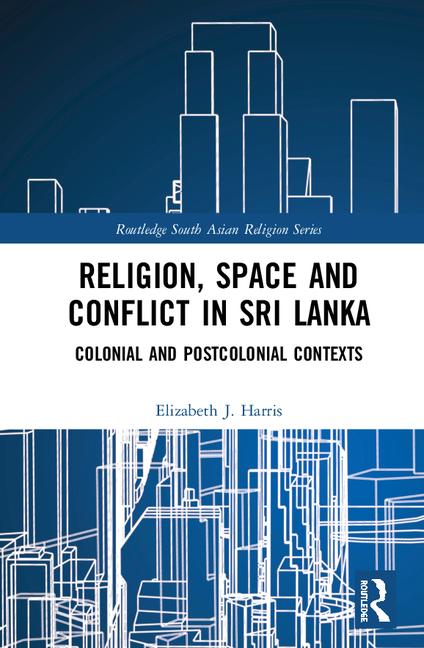 Religion, Space and Conflict in Sri Lanka: Colonial and Postcolonial Contexts.
Religion, Space and Conflict in Sri Lanka: Colonial and Postcolonial Contexts.
Elizabeth J. Harris
This study uses the lens of space to examine inter-religious and inter-communal conflict in colonial and postcolonial Sri Lanka, demonstrating that colonial patterns of interaction can throw light on the post-colonial, particularly on post-war developments in the north and east of the country, when Buddhist symbolism was developed in the largely non-Buddhist former war zones. Within the 'colonial' part of the book, particular emphasis is given to the impact of the building of Christian schools and churches in predominantly Buddhist space, and British development of the Buddhist ancient city of Anuradhapura.
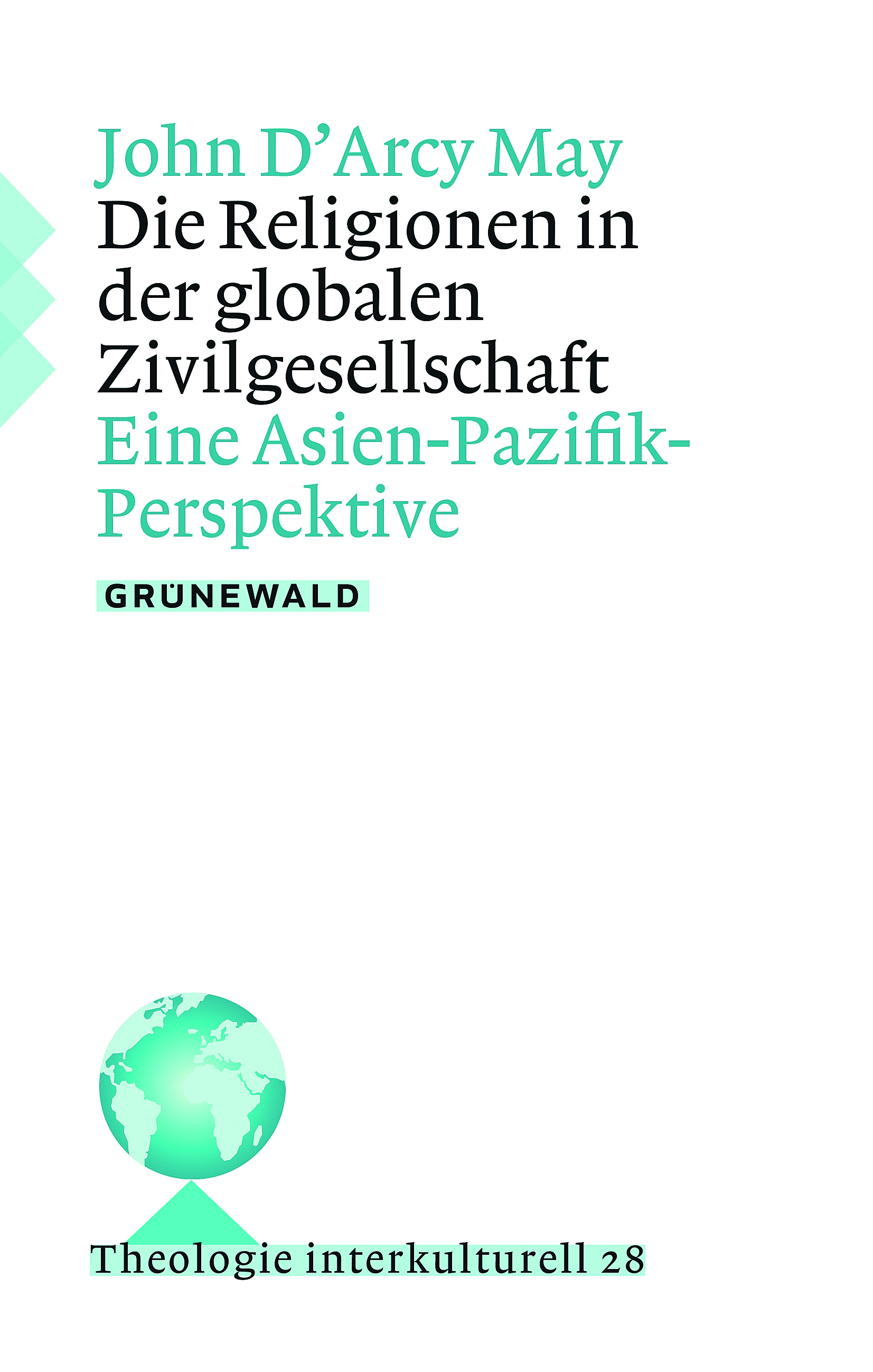 Die Religionen in der globalen Zivilgesellschaft
Die Religionen in der globalen Zivilgesellschaft
Eine Asien-Pazifik-Perspektive
John D'Arcy May
Die Rettung der Demokratie im asiatischpazifischen Raum bedarf einer globalen Zivilgesellschaft, die den Globalisierungsprozess in gemeinsamer ethischer Verantwortung gestaltet, die Unterdrückungsmaßnahmen autoritärer Regierungen unterläuft und sich so als Forum internationaler Meinungsbildung und politischen Engagements behauptet.
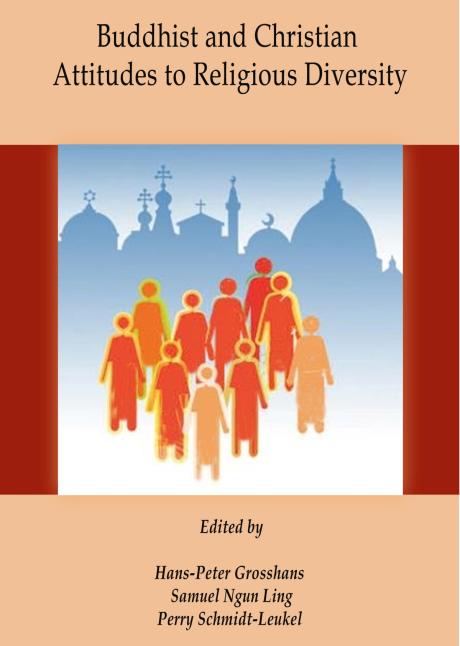 Buddhist and Christian Attitudes to Religious Diversity
Buddhist and Christian Attitudes to Religious Diversity
Perry Schmidt-Leukel, Hans-Peter Großhans, Samuel Ngun Ling (eds.)
Yangon: Ling’s Family Publications 2017, 350 pages, ISBN 978-99971-0-269-0
The attitudes of Christians and Theravāda Buddhists toward religious diversity are at the center of a new publication jointly edited by Prof. Dr. Perry Schmidt-Leukel, Professor of Religious Studies and Intercultural Theology, and Prof. Dr. Hans-Peter Großhans, Professor of Systematic Theology, from the Cluster of Excellence “Religion and Politics”, together with Dr. Samuel Ngun Ling, Principal of the “Myanmar Institute of Theology” in Yangon, Myanmar. “Buddhist and Christian Attitudes to Religious Diversity” has been published in February 2017 with Ling’s Family Publications in Yangon, Myanmar. “The contributions to this book inquire about the possibility to overcome such perceptions of other religions, and of religious diversity as such, which imply contempt and disdain toward other faiths,” says Professor Schmidt-Leukel. “In South Asia, this issue is currently not only getting momentum, it is becoming explosive.”
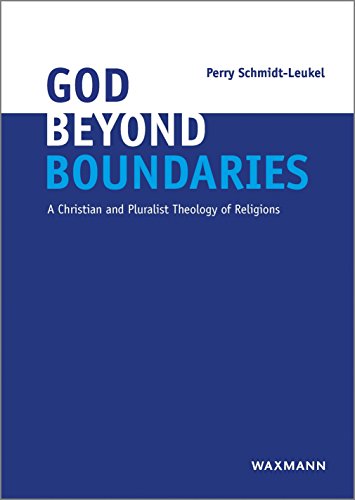 God Beyond Boundaries: A Christian and Pluralist Theology of Religions
God Beyond Boundaries: A Christian and Pluralist Theology of Religions
Perry Schmidt-Leukel
“God Beyond Boundaries”, written by the Religious Studies Scholar and Theologian Perry Schmidt-Leukel of the Cluster of Excellence “Religion and Politics”, deals with the essential features and benefits of a pluralist approach in the theology of religions.
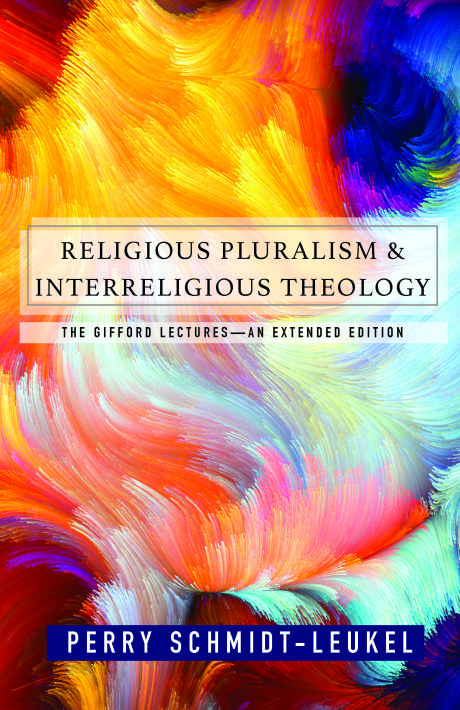 Religious Pluralism and Interreligious Theology - The Gifford Lectures
Religious Pluralism and Interreligious Theology - The Gifford Lectures
Perry Schmidt-Leukel
Interreligious dialogue has encouraged many theologians in all major religious traditions to consider whether other religions may offer a different but nevertheless genuine and valid path of salvation or liberation. Perry Schmidt- Leukel, in this extended version of his 2015 Gifford Lectures, argues that this position—often called "religious pluralism"—must be developed within particular insights supplied by each of the major traditions.
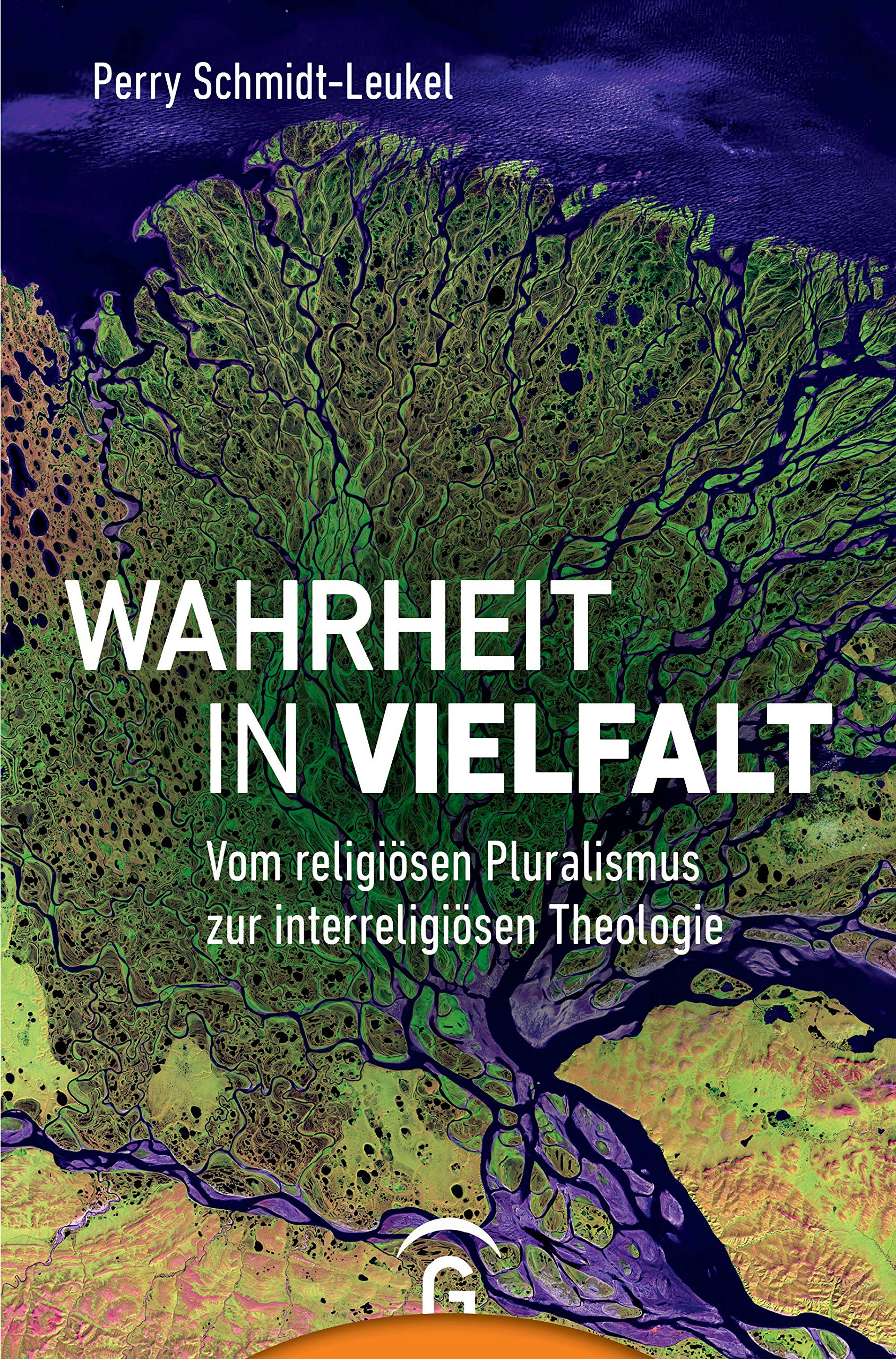 The German edition appears under the title "Wahrheit in Vielfalt"
The German edition appears under the title "Wahrheit in Vielfalt"
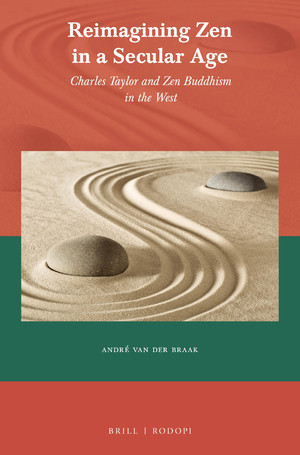 Reimagining Zen in a Secular Age
Reimagining Zen in a Secular Age
Charles Taylor and Zen Buddhism in the West
André van der Braak
In Reimagining Zen in a Secular Age André van der Braak offers an account of the exciting but also problematic encounter between enchanted Japanese Zen Buddhism and secular Western modernity over the past century, using Charles Taylor’s magnum opus A Secular Age as an interpretative lens.
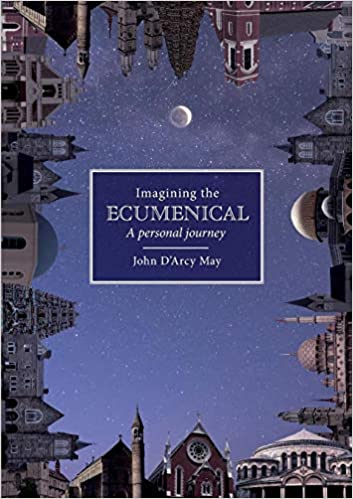 Imagining the Ecumenical: A Personal Journey
Imagining the Ecumenical: A Personal Journey
John D'Arcy May
Starting from the observation that theology is essentially narrative, and assuming that biography is a fundamental theological genre, the book presents a biography of the ecumenical and inter-religious dialogue movements in the form of the autobiography of an 'accidental ecumenist', whose life took him to religious contexts as diverse as Rome, Germany, Papua New Guinea and Ireland. At its centre is the encounter with Theravada and later Mahayana Buddhism and the indigenous traditions of Australia and the Pacific.
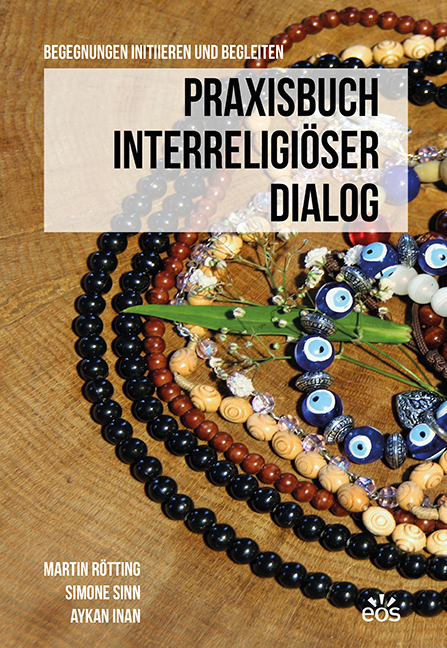 Praxisbuch interreligiöser Dialog
Praxisbuch interreligiöser Dialog
Martin Rötting (ed.) • Simone Sinn (ed.) • Aykan Inan (ed.)
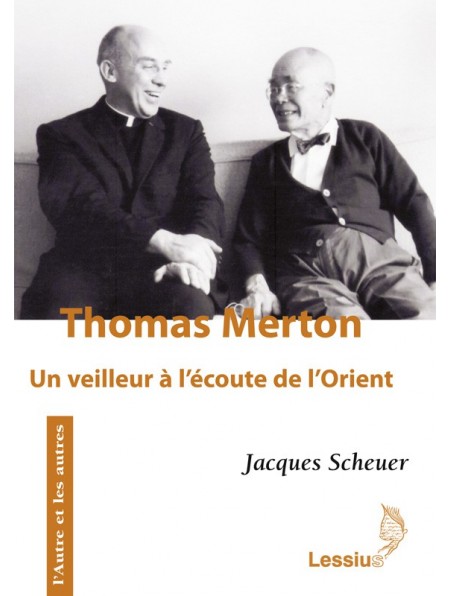 Thomas Merton
Thomas Merton
Un veilleur à l'écoute de l'Orient
Jacques Scheuer
Les étapes de la découverte par Merton des traditions asiatiques de spiritualité, en particulier le Zen sino-japonais, la sagesse taoïste, le bouddhisme tibétain. On voit ce que, sans romantisme à fleur de peau mais non sans quelque idéalisation, il attendit et reçut d’elles pour stimuler la tradition mystique chrétienne mais aussi pour féconder les valeurs humanistes de l’Occident contemporain. Dans un second temps, sont présentées les interrogations voire les perplexités que cette rencontre suscita chez le croyant et le contemplatif chrétien qu’était Merton
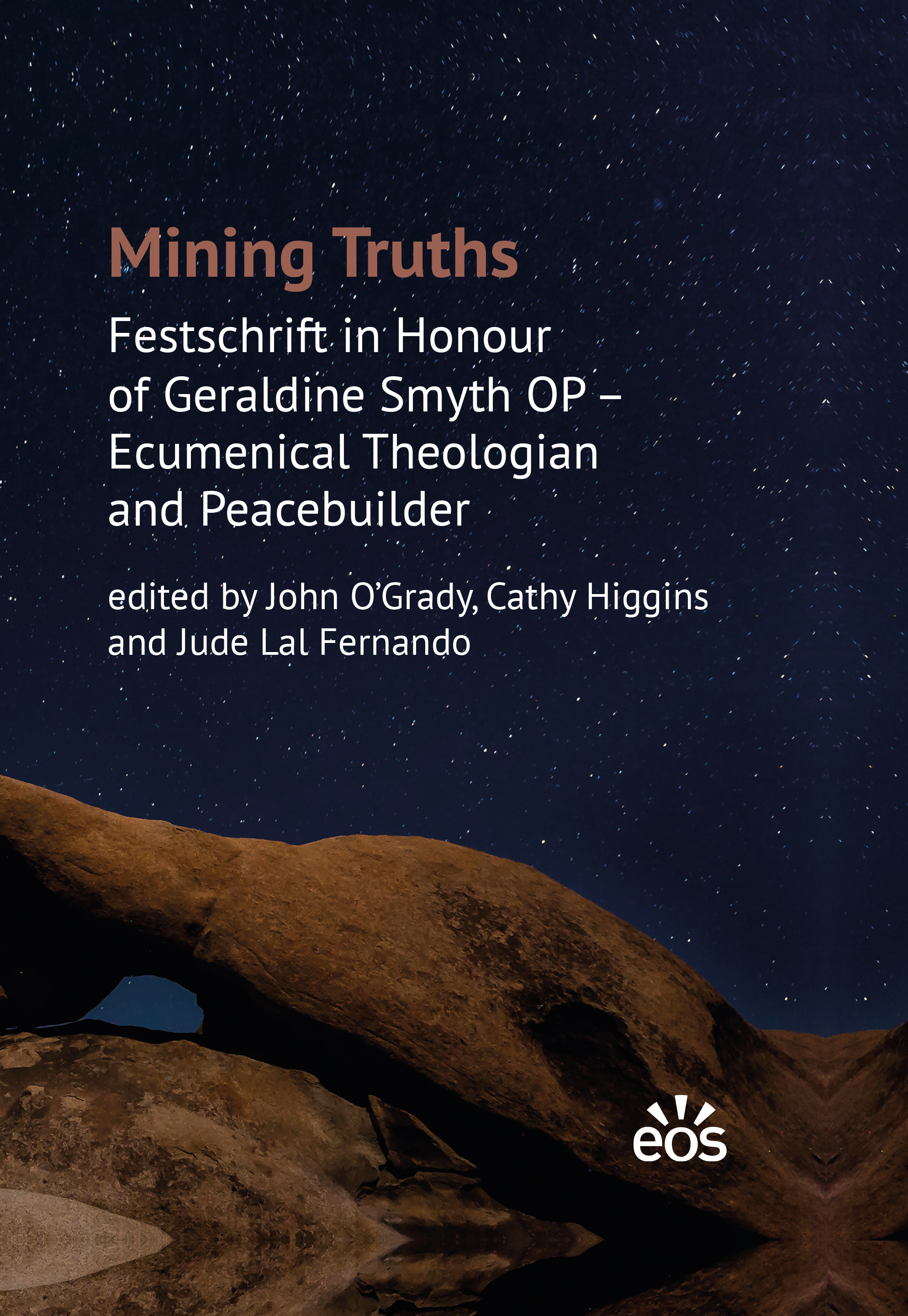 Mining Truths
Mining Truths
Festschrift in Honour of Geraldine Smyth OP – Ecumenical Theologian and Peacebuilder.
Geraldine Smyth OP has had – and continues to have – a profound influence on ecumenical dialogue in Ireland and on the conceptual development of Ecumenics as a field of studies. Her work seeks to place theological understandings in service to and in dialogue with other intellectual disciplines in such a way as to benefit human beings. Her response to ‘the troubles’ that have afflicted her native Belfast and Northern Ireland has shown in particular how a focused, open-minded, peace-directed consciousness can be a balm for a troubled society.
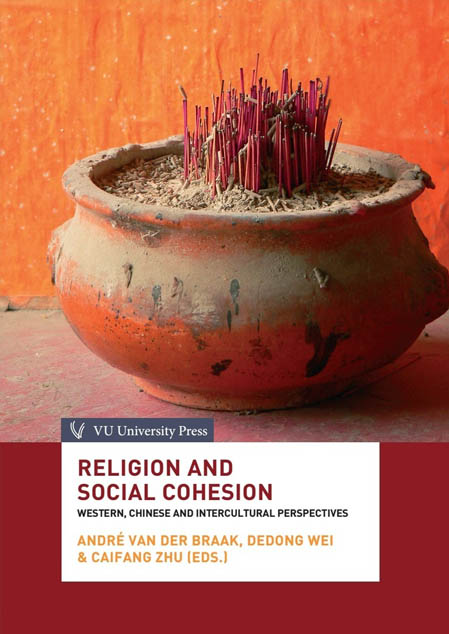 Religion and Social Cohesion
Religion and Social Cohesion
Western, Chinese and Intercultural Perspectives
André van der Braak (ed.), Dedong Wei (ed.), Caifang Zhu (ed.)
Both in the West and in China, it is increasingly recognized that religion is not merely an individual matter, but a social force that has an important impact on society. And whereas the focus in the media today is often on the potential negative social impact of religion (the threats of fundamentalism, violence and terrorism), religion has also often been an important factor in the arising of social capital and social cohesion.
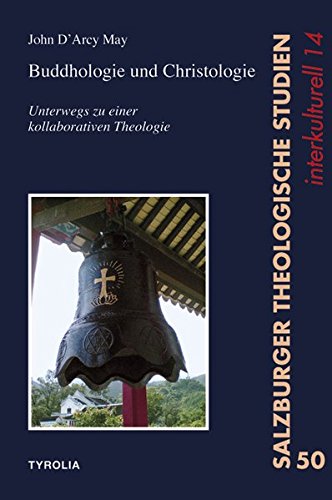 Buddhologie und Christologie - Unterwegs zu einer kollaborativen Theologie
Buddhologie und Christologie - Unterwegs zu einer kollaborativen TheologieJohn D'Arcy May
In the light of increasing co-operation between Buddhists and Christians in areas such as meditation practice and social justice, the book explores the possibility of a theological basis for such co-operation, now that Buddhists too are prepared to use the term 'theology'. Both traditions have erected impressive doctrinal structures over the centuries. The question is whether, over and above dialogical and comparative theology, there could be a genuinely 'collaborative' Buddhist-Christian theology.
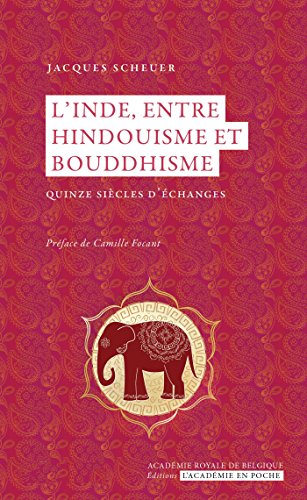 L'Inde, entre bouddhisme et hindouisme
L'Inde, entre bouddhisme et hindouisme
Quinze siècle d'échanges
Jacques Scheuer
Quelles relations unissent hindouisme et bouddhisme ? Celui-ci serait-il né de l'hindouisme, du brahmanisme ancien ? Le bouddhisme est alors présenté comme un mouvement réformateur, un rameau divergent ou encore une hérésie. Il convient toutefois de se rappeler qu'ils ont cohabité au long de quinze siècles en Inde – jusqu’à l'extinction du bouddhisme indien vers le XIIe siècle. La thèse ici défendue est qu'ils se sont engendrés mutuellement. Sans leur longue confrontation traversée d'intenses débats, ni l'un ni l'autre ne seraient ce qu'ils sont aujourd'hui devenus.
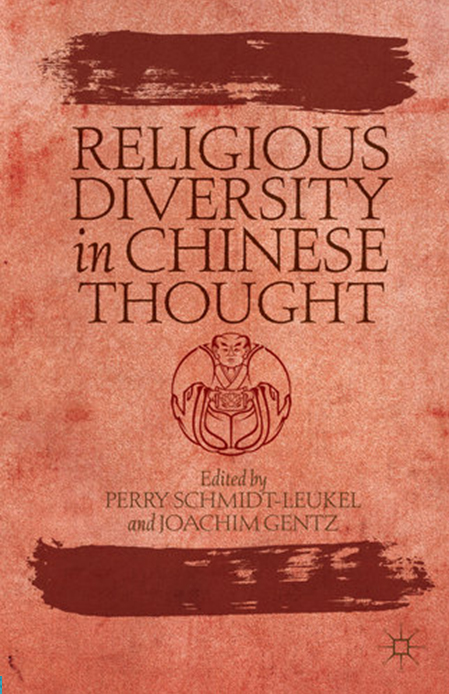 Religious Diversity in Chinese Thought
Religious Diversity in Chinese Thought
Perry Schmidt-Leukel, Joachim Gentz (eds.)
This collection of essays by major scholars analyze the religious diversity in Chinese religion, bringing together topics from traditional and contemporary contexts and Chinese religions' encounters with Western religion.
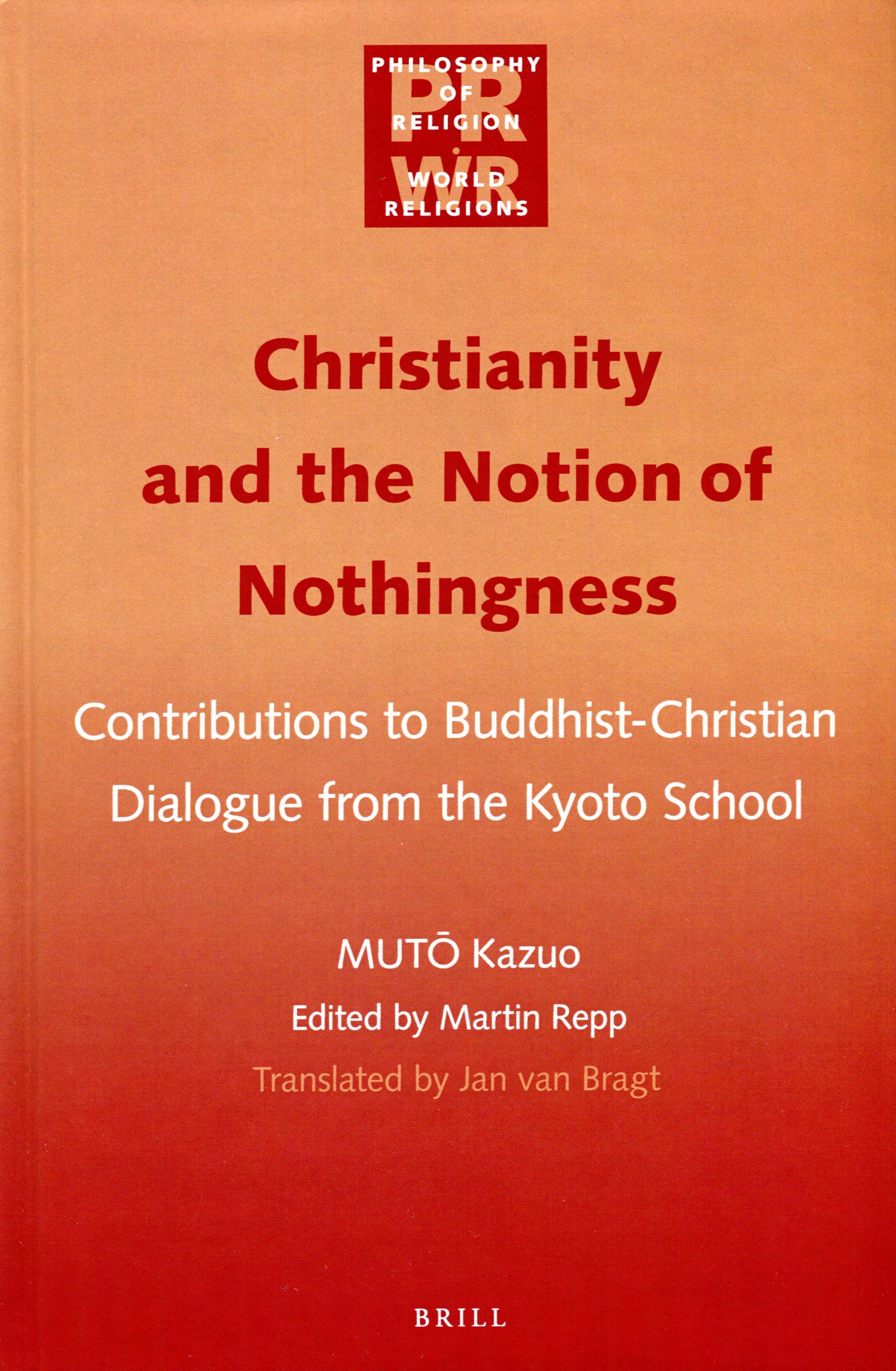 Christianity and the Notion of Nothingness
Christianity and the Notion of Nothingness
Contributions to Buddhist-Christian Dialogue from the Kyoto School.
Muto Kazuo (author), Dr Martin Repp (ed.)
This book introduces the thoughts of the Japanese Christian philosopher of religion Muto Kazuo (1913-1995), who was a student of Tanabe Hajime and a colleague and close friend of Nishitani Keiji at Kyoto University, both important representatives of the Kyoto School. Hence he was fully recognized as a Christian member of this predominantly Buddhist school of philosophy.
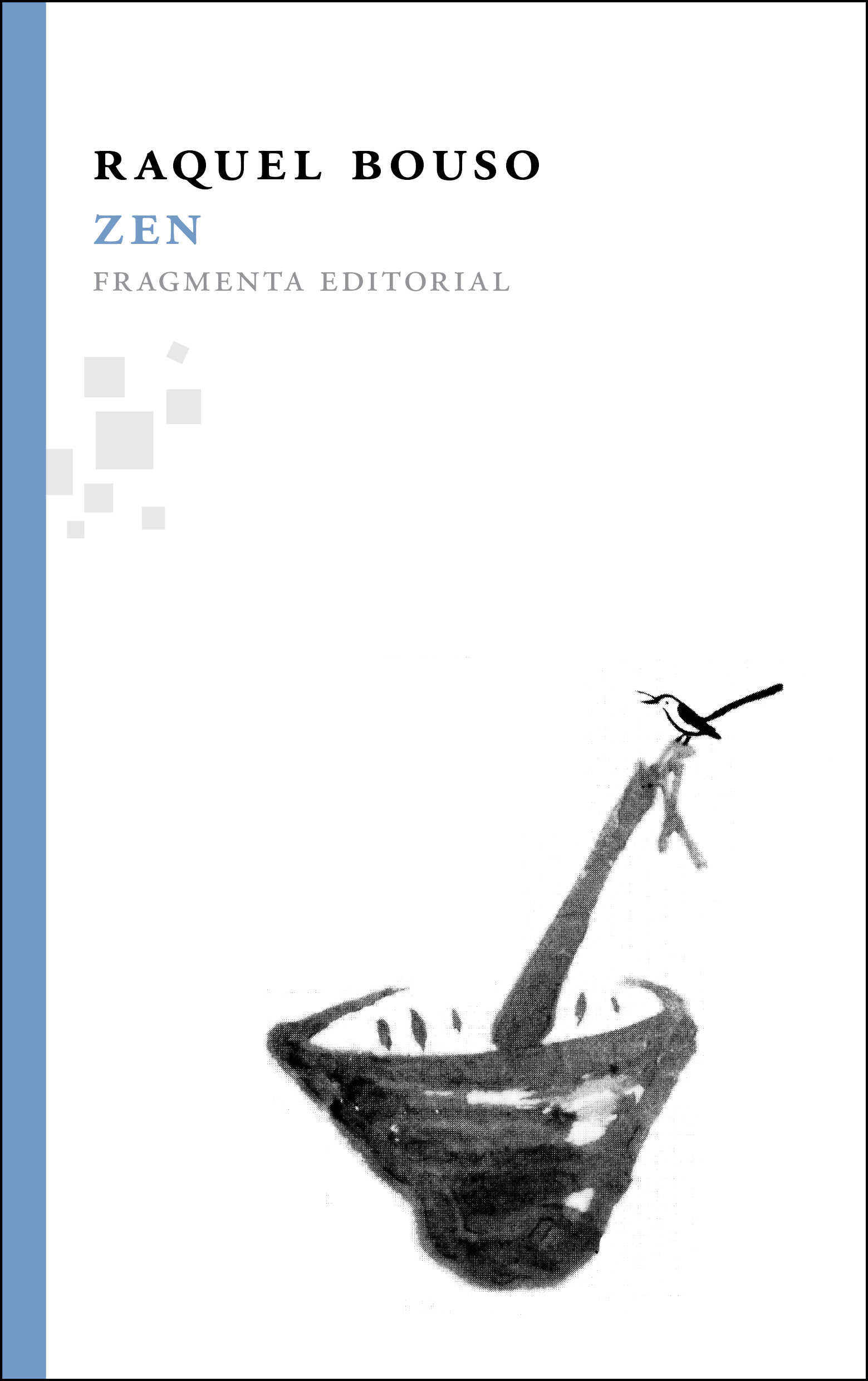 Zen
Zen
Raquel Bouso
¿Qué razones explican la fascinación que ejerce el zen en el mundo occidental? ¿Son las mismas que han mantenido viva esta tradición secular en los países asiáticos?
What reasons explain the fascination of Zen in the Western world? Are they the same ones that have kept this secular tradition alive in Asian countries?
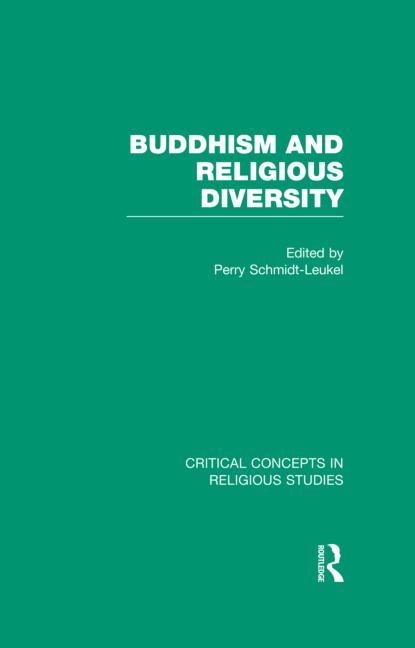 Buddhism and Religious Diversity
Buddhism and Religious Diversity
Perry Schmidt-Leukel ed.
Perry Schmidt-Leukel ed.
Buddhism is—and has been—as much convinced of its own superiority as any other faith, and has also been involved in various inter-religious tensions and violent conflicts. The ways, however, in which Buddhists have thought about the religious ‘other’, and practically dealt with it, display peculiar features, which do indeed differ profoundly from what we find in the Abrahamic faiths. Yet today, Buddhism must address the question whether it can arrive at a genuine appreciation of religious diversity, and recognize other religions as different but nevertheless equally valid.
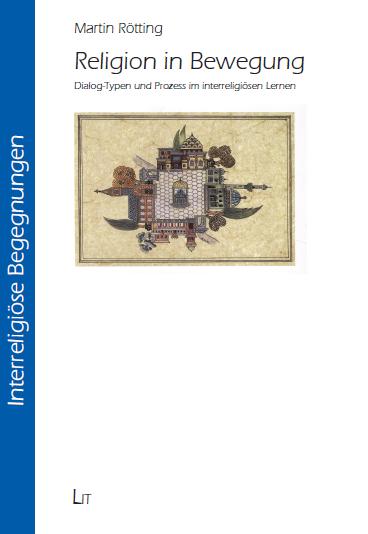 Religion in Bewegung
Religion in Bewegung
Martin Rötting
"Religion in Bewegung" bietet einen Verstehensrahmen interreligiöser Lernprozesse. Grundlage hierfür sind empirische Forschungen des Institutes OCCURSO. Sechs Dialog-Typen werden bestimmt: Spiritueller Pilger, Sozialer Beweger, Religiös-Kultureller Demokrat, Kultur-Harmonisierer, Orthodoxer Adapter und Humanitär-Religiöser. Sie ermöglichen es, gesellschaftliche Herausforderungen und theologische Konsequenzen anzuzeigen.
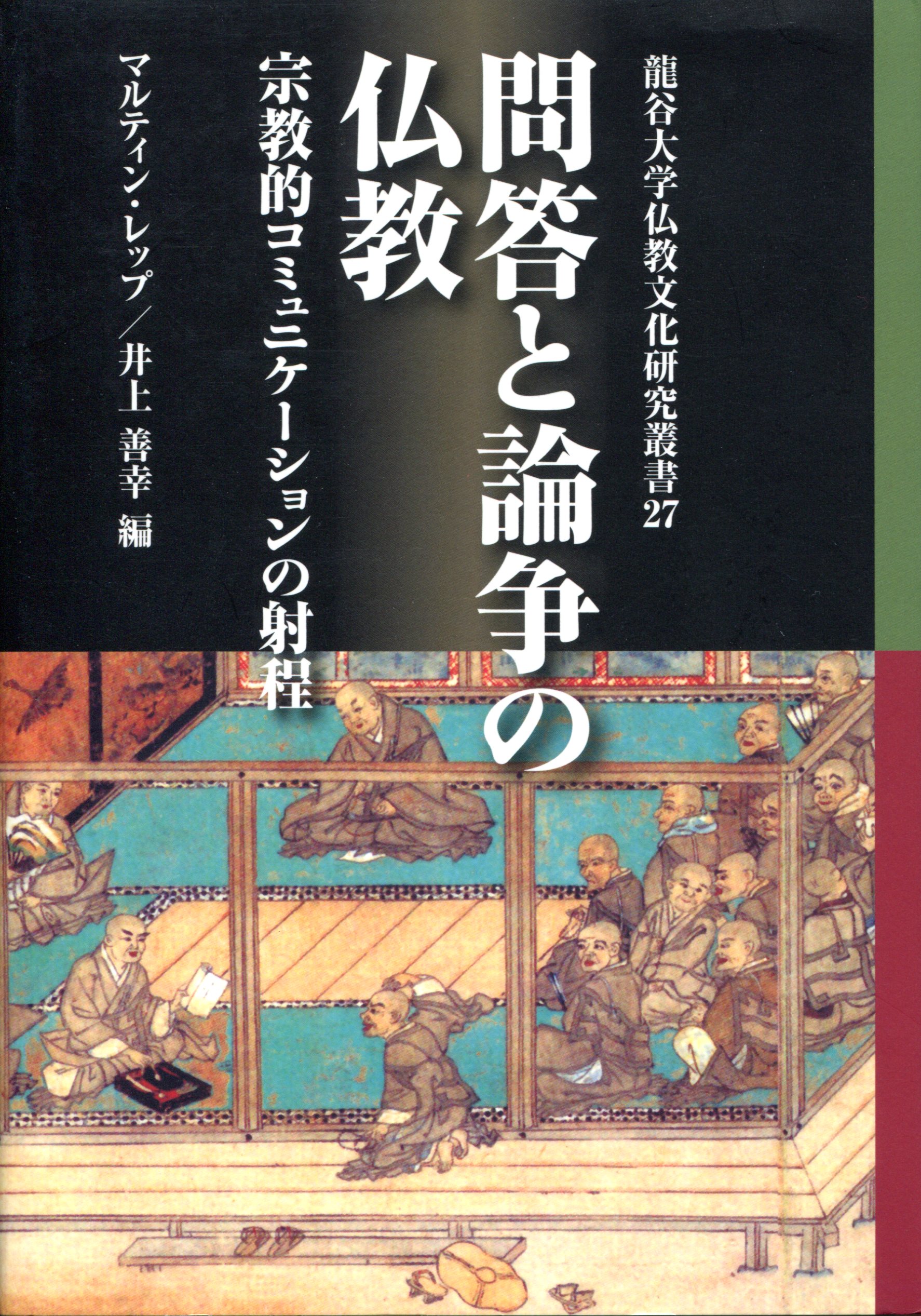 Mondō to ronsō no bukkyō – Shūkyō-teki komyunikēshon no shatei.
Mondō to ronsō no bukkyō – Shūkyō-teki komyunikēshon no shatei.
(Didactic conversations and disputations in Buddhism – The range of religious communications).
Martin Repp, Yoshiyuki Inoue (eds)
This publication derives from an interdisciplinary research project at the Research Center for Buddhist Culture at Ryukoku University (Kyoto) which was organized by the editors.
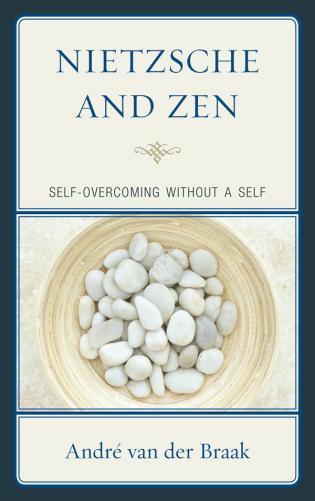 Nietzsche and Zen
Nietzsche and Zen
Self-overcoming without a Self
André van der Braak
Andre Van der Braak's Nietzsche and Zen: Self-overcoming Without a Self is a thoughtful meditation on doing intercultural philosophy in a Nietzschean way. Nietzsche ultimately seeks a 'way-knowing' more similar to Buddhism and Daoism than the truth-seeking of his own philosophical tradition. This book situates Nietzsche in an intercultural context